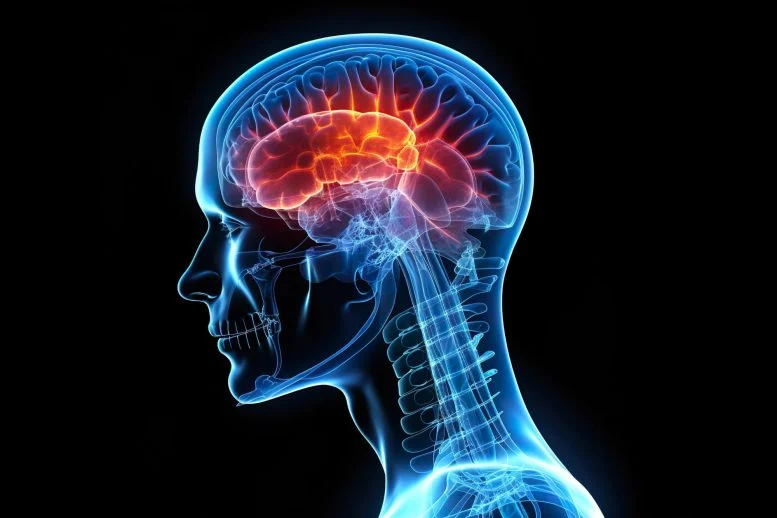Toronto, ON – December 2024
New research from Baycrest reveals that high blood sugar levels could silently undermine brain health, even in individuals who do not have diabetes. The study, led by Dr. Jean Chen, Senior Scientist at the Rotman Research Institute and Canada Research Chair in Neuroimaging of Aging, sheds light on the spectrum of blood sugar’s impact, with significant implications for older adults and women.
The findings, recently published in Neurobiology of Aging, analyzed data from 146 healthy adults aged 18 and older. Researchers assessed blood sugar levels, brain activity through magnetic resonance imaging (MRI), and heart rate variability (HRV) using electrocardiograms (ECGs). The study highlights that elevated blood sugar can weaken brain connectivity, a critical factor in cognitive functions such as memory, attention, and emotion regulation.
Key Insights from the Study:
- Reduced Brain Connectivity: Higher blood sugar levels correlated with diminished connections in brain networks vital for cognition.
- Age and Gender Variability: Older adults, who generally have higher blood sugar, experienced a more pronounced effect. Women were particularly affected compared to men.
- Link to Heart Health: Lower HRV, often associated with poorer cardiovascular and brain health, was connected to elevated blood sugar.
Dr. Chen emphasized the importance of managing blood sugar for overall brain health. “Blood sugar exists on a spectrum – it isn’t a black-and-white categorization of healthy or unhealthy,” she noted. “Our results show that even without a diabetes diagnosis, elevated blood sugar could already be harming your brain.”
Broader Implications and Future Directions
The research underscores the need for a proactive approach to blood sugar management through diet, exercise, and regular medical checkups, particularly for those with pre-diabetes. Interestingly, the study also opens the door to exploring HRV as a more accessible intervention target for improving brain health in non-diabetic individuals.
“While managing blood sugar is vital, modifying heart rate variability might offer another path to protecting and enhancing brain function, especially in older adults,” said Dr. Chen.
The study is a pioneering step in understanding how glycemic control affects brain health across the lifespan. As research advances, these insights could shape new strategies for preserving cognitive function in aging populations.
Reference:
Yu, J.X., Hussein, A., Mah, L., & Chen, J.J. (2024). The associations among glycemic control, heart variability, and autonomic brain function in healthy individuals: Age- and sex-related differences. Neurobiology of Aging. DOI: 10.1016/j.neurobiolaging.2024.05.007.












